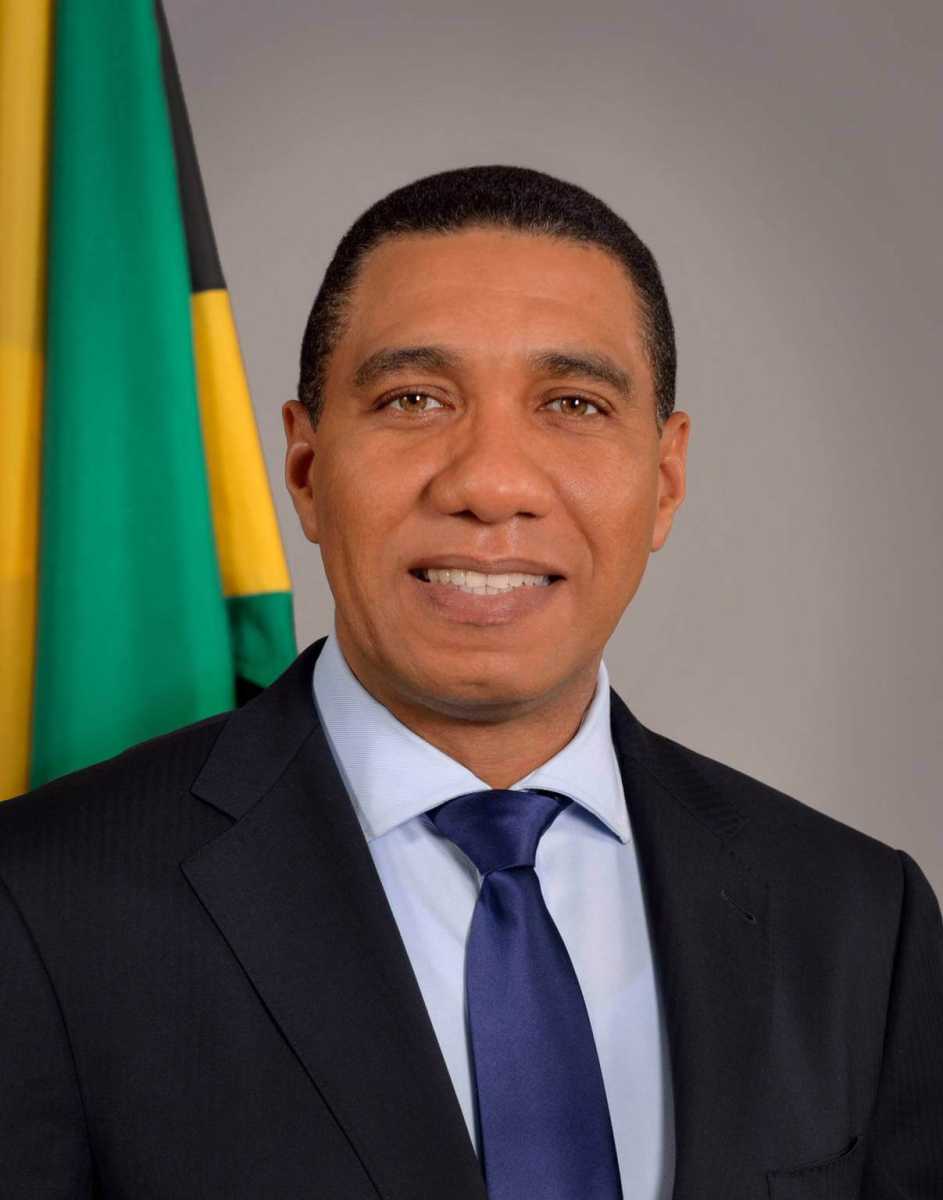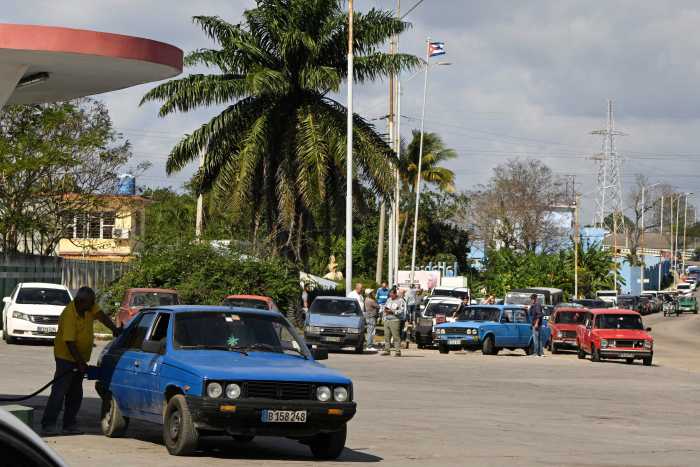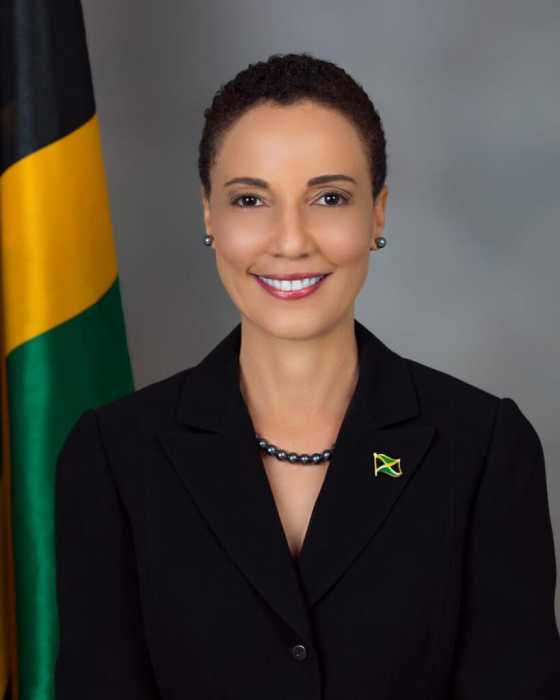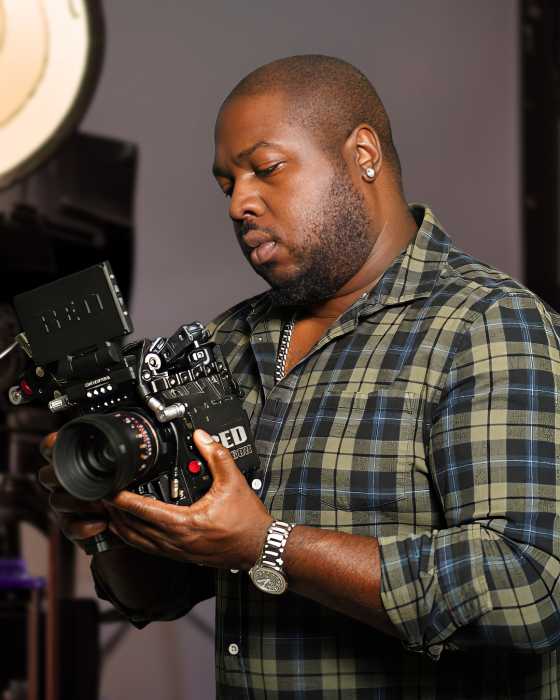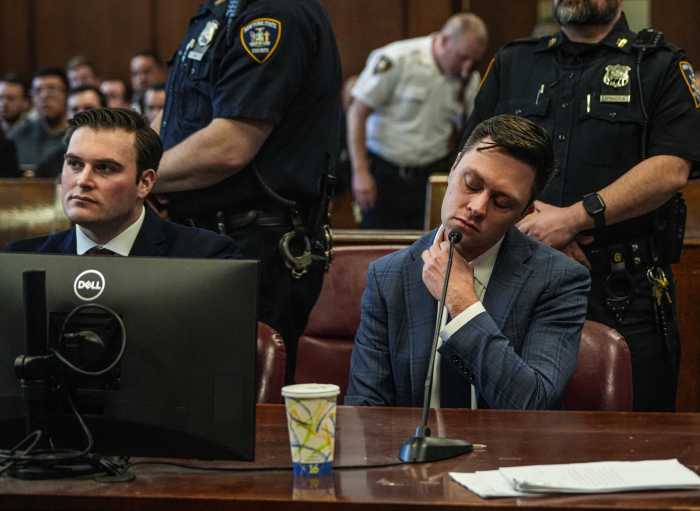Caribbean Community leaders say they have backed a Jamaican initiative to take the regional reparations fight to the United Kingdom via a ruling from Britain’s highest court.
The idea, the initiative of the Jamaican cabinet and reparations commission, is to ask the Privy Council to rule and determine whether slavery and the forced transport of enslaved Africans to Jamaica and other territories were legal and whether it had amounted to a criminal act and a crime against humanity.
After briefing reporters after the regional leaders’ meeting in Jamaica’s tourism capital town of Montego Bay this week, Prime Minister Andrew Holness said the other bloc member states are on board.
The announcement comes at a time when the region’s effort to get former European slave trading nations to listen to regional pleas and requests to commence talks on reparations appeared to have been flagging in recent months, but Holness says things are about to change.
“I’m pleased to report that there was broad support for Jamaica moving forward with a petition to King Charles III, in his capacity as Jamaica’s Head of State, to seek a formal ruling from the Privy Council on whether the Atlantic enslavement of Africans was lawful under common law and whether local laws supporting it were invalid,” he said.
Holness also noted that the umbrella Caribbean Reparations Commission (CRC) also has a similar legal initiative linked to broader development issues, noting that “both strategies reinforce each other, and it was agreed therefore that Jamaica could move forward. Using this legal route to challenge the historical legality of slavery and assert claims for reparation, this petition will mark a watershed moment for CARICOM and the broader global movement for reparatory justice,” he said.
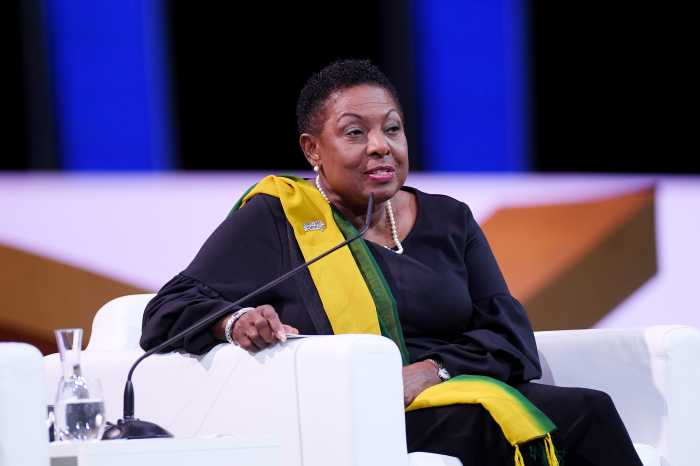
Jamaican Minister of Culture Olivia Grange had unveiled the plan during recent debates in the local parliament, contending that the cabinet is using the King’s authority as Jamaica’s head of state to ask the Privy Council to rule on matters of prime importance.
“We are taking our demand for reparations from the United Kingdom for the enslavement of our African ancestors into another phase. This is a legal approach which does not, in any way, conflict with the political approach as posited through negotiation, suggesting that Britain is “under an obligation to provide a remedy to Jamaica”, not only for slavery but for what she termed as slavery’s “enduring consequences“ as well.
Regional leaders have tried an array of ideas to get Europe to listen and engage, including sending demand payment letters, most of which have gone unanswered, hiring a British law firm to research the case and pronounce on its merits, asking for a summit with Europe to discuss slavery and its consequences, and working on research to bolster their case.


